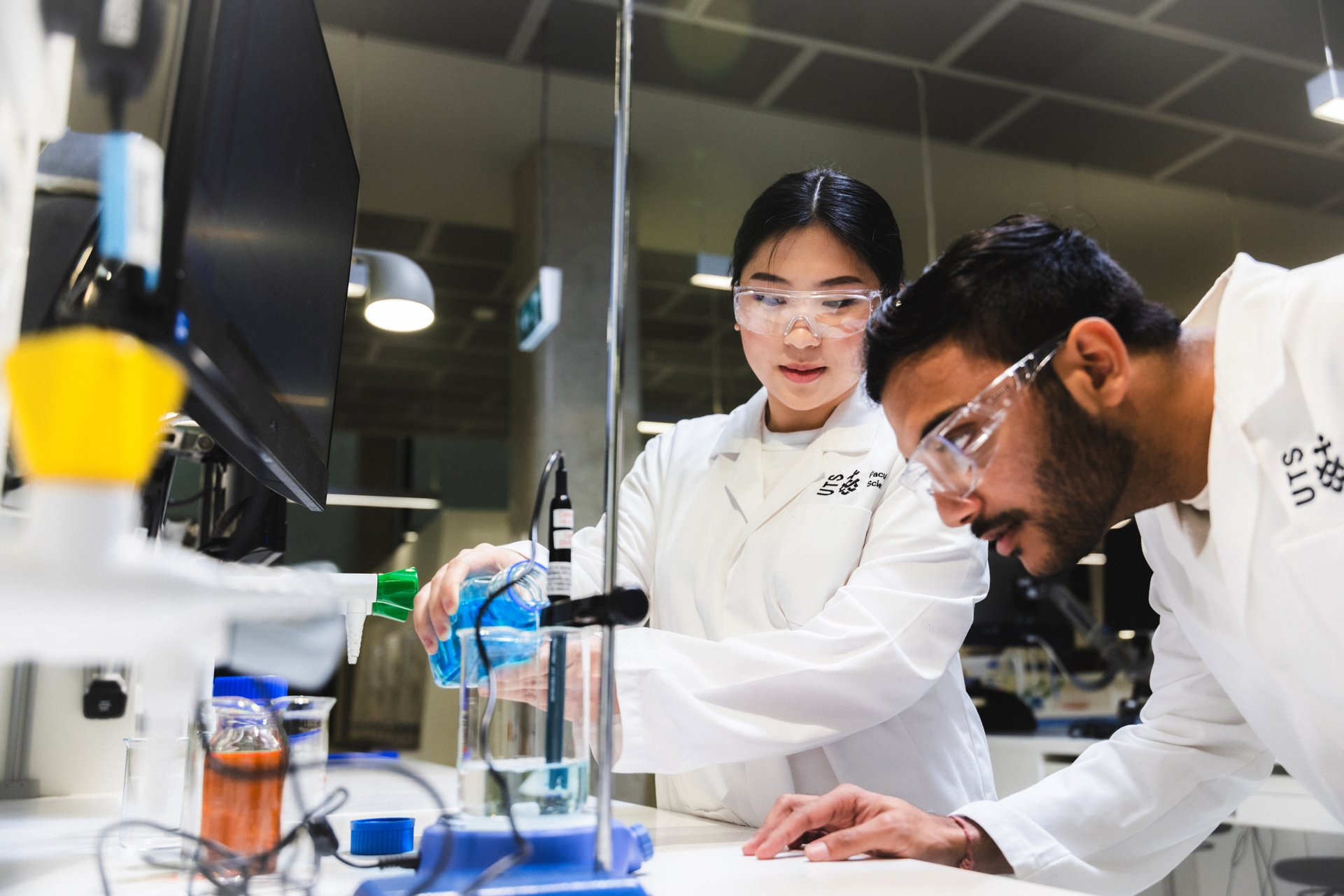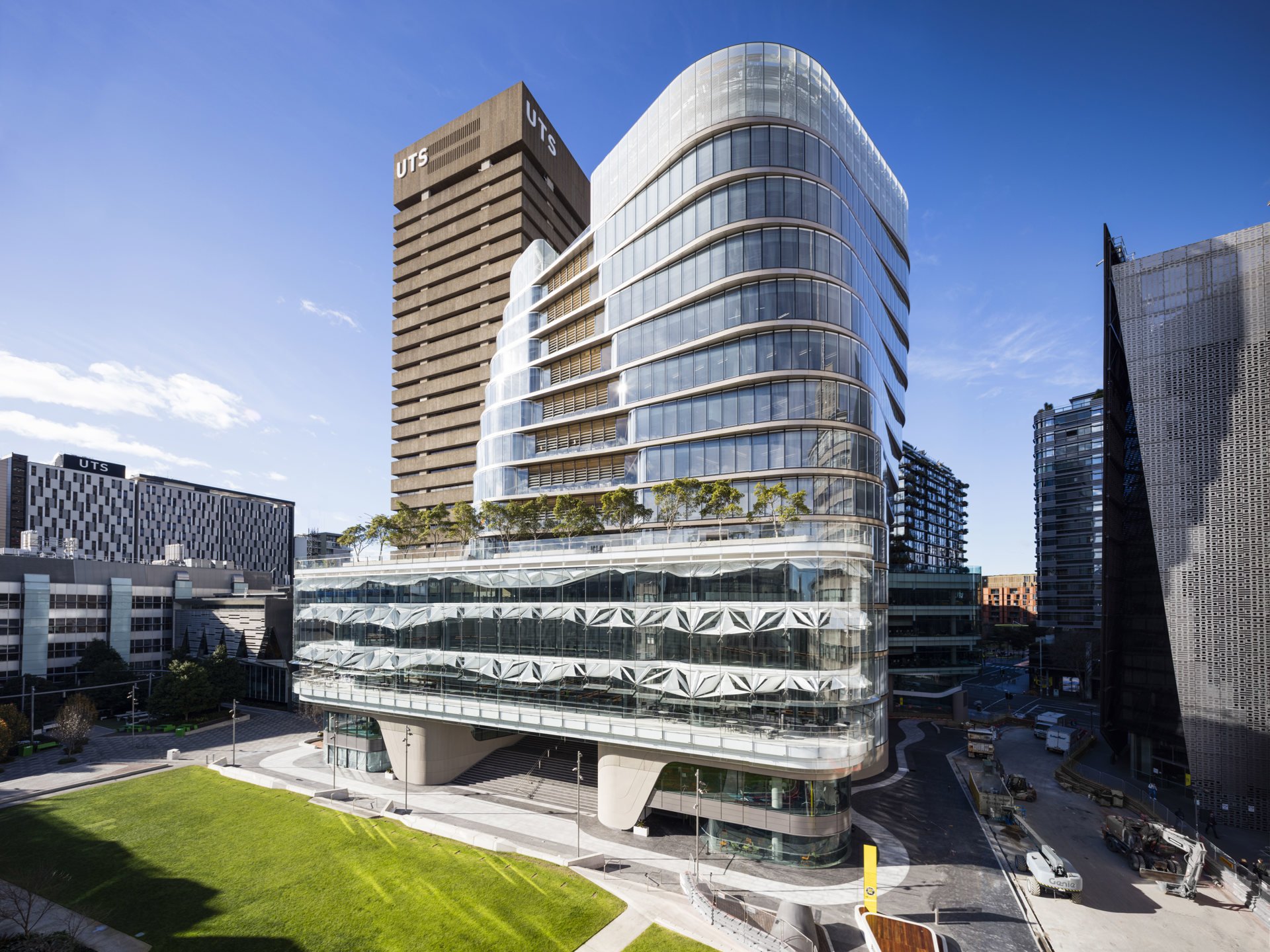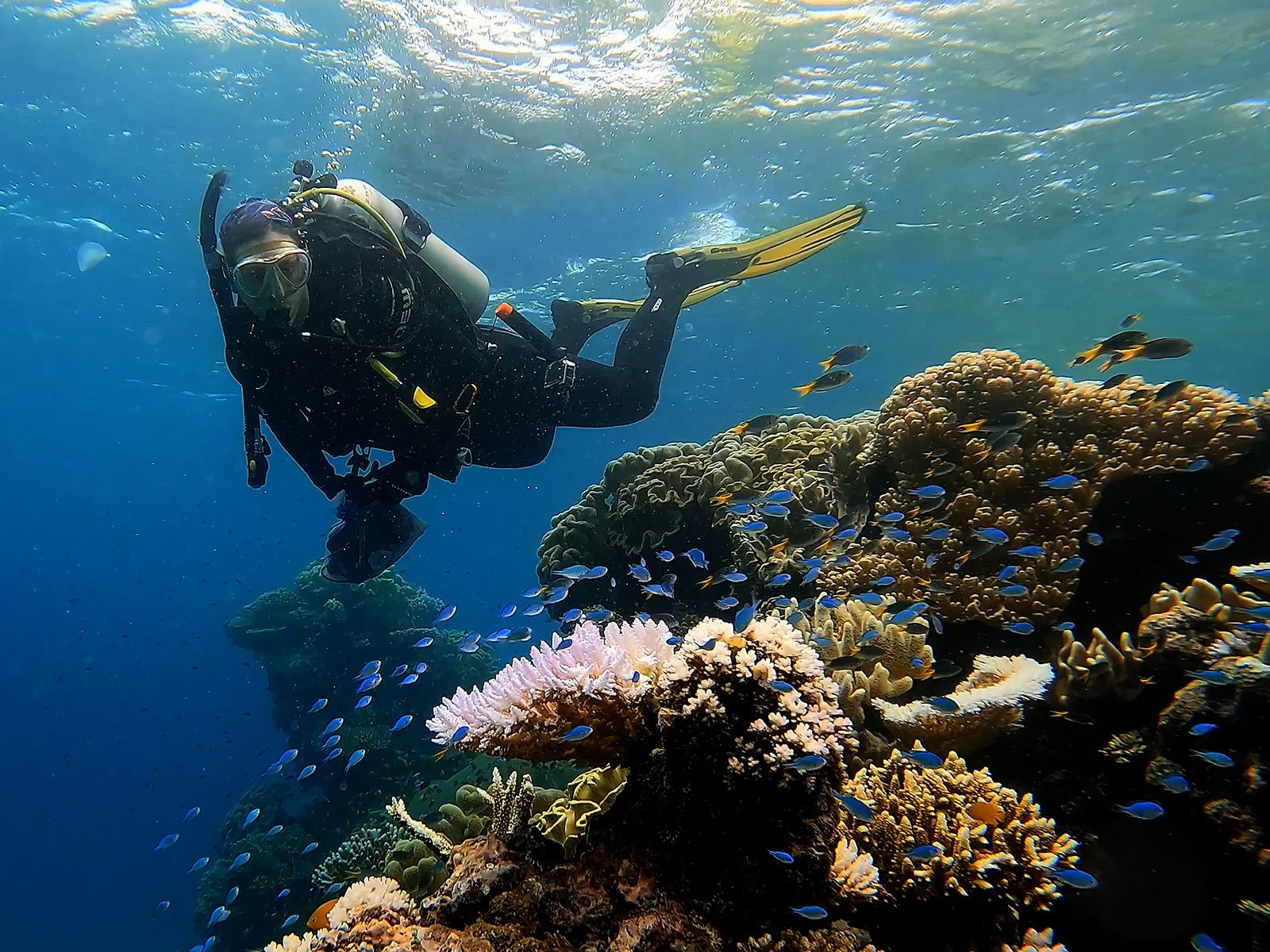Research-driven, relevant, innovative and practical
Our vision is to change the world for the better through our exceptional graduates, impactful scientific research, and innovative technology.
-
trophy Research rankings
100%
of our physical sciences, environmental sciences, chemistry and genetics research is ranked at or above world standard.
2018 Excellence in Research for Australia evaluation
-
editor_choice INDUSTRY CONNECTIONS
150
Number of companies we've partnered with, including GE Healthcare, KPMG, Agilent Technologies, CSIRO, and ANSTO.
We're outward looking and actively engaged with industry, the professions and the community.
We're a world-class research intensive faculty with a growing reputation for research quality and impact across a wide range of disciplines.
We offer practical solutions, access to expertise and a wide range of world class facilities.
Transforming science
Our centres and institutes innovate in climate change, infectious diseases, clean energy and more.
Fighting for the future of coral reefs
Groundbreaking research is revealing the secrets of 'super corals' and how their traits can be harnessed to create more resilient reefs.
Our facilities
We're home to one of the best science teaching and research facilities in Australia, including the Super Lab, one of only three in the country.













